Key findings
The latest RCH National Child Health Poll has revealed Aussie kids aren’t getting enough vegetables in their diet, and many Australian parents believe fruit drinks may be healthier than water.
When it comes to sugar, over a quarter of parents mistakenly believe that fruit drinks may be a healthier option than water, a third of Aussie kids are regularly consuming sugar-sweetened drinks, and almost a third (29%) of parents incorrectly believe children may need sports drinks to recover from regular physical activity.
Dr Anthea Rhodes, director of the RCH National Child Health Poll and RCH paediatrician, said sugar can be confusing for parents when it comes to food choices.
“This study tells us that the majority of parents are confused about which foods are healthy and which foods aren’t, especially when it comes to choosing the right foods for their kids. With one in four Australian children overweight or obese, it’s vital that parents are supported to make healthy food choices for their families. Most parents (66%) said they find it hard to know how much added sugar is in food. Sugar in drinks can be especially confusing, water is always the healthiest option and kids should be encouraged to drink more water,” she said.
Aussie kids aren’t getting the daily recommended intake of vegetables with the poll revealing that more than nine out of ten (95%) of school-aged children don’t eat the recommended daily serves of vegetables. Only one in four parents are aware of the recommended daily intake of vegetables for their child, which is around five serves per day.
“A lack of whole fruits and vegetables in the diet can mean children are at risk of not getting enough fibre and essential nutrients, such as iron and vitamin C. This can have immediate and long- term health consequences,” Dr Rhodes said.
“We also found that four out of five primary school-aged kids don’t know how to cook, or prepare food, and nearly half (44%) of teenagers rarely or never help to cook dinner. But if kids are involved in the kitchen it helps them to learn about food and they are also more likely to eat a meal if they have helped to prepare it,” Dr Rhodes added.
The poll also revealed that treats may no longer be treats, with parents reporting that almost half of pre-schoolers are regularly receiving treat foods most days of the week.
“Foods and drinks containing saturated fat, added salt and added sugars have been directly linked to serious health problems in children, such as obesity and tooth decay.”
“It’s recommended that treat foods such as lollies, chocolate, processed meat and fried food should be consumed by children infrequently and in small amounts, not on a daily basis,” Dr Rhodes added.
Dr Rhodes said it was positive to see that most Aussie kids still get a home-cooked meal most nights of the week.
“It was great to see that most parents said their child has a home-cooked dinner most nights of the week, despite challenges such as a lack of time or energy.”
Overall key findings of the poll include;
- Over half of parents (57%) say it is hard to know which foods are healthy choices when buying food for their family
- Two thirds of parents (67%) find it hard to know how much added sugar is in the food products they buy for their children
- A third of children (35%) regularly consume sugar-sweetened drinks, with one in six preschoolers having sugar-sweetened drinks almost every day
- Over a quarter of parents (26%) mistakenly believe fruit drinks may be a healthier choice than water
- Almost a third (29%) of parents incorrectly believe children may need sports drinks to recover from regular physical activity.
- More than a third (37%) of school aged children have not been taught how to cook or prepare food and almost half (44%) of teenagers rarely or never help to make dinner
- Despite one in four Australian children being overweight or obese, only one in eight children in this poll were considered to be overweight or obese by their parents
- Parents also indicate cost is a barrier to making healthy food choices, with three quarters (77%) of parents saying that they believe healthy food is generally more expensive than unhealthy food.
Here, Dr Anthea Rhodes shares a summary of the findings
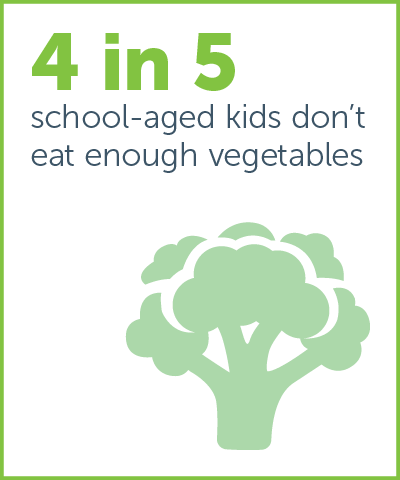
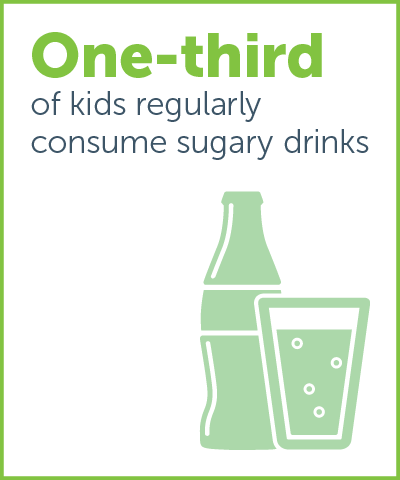
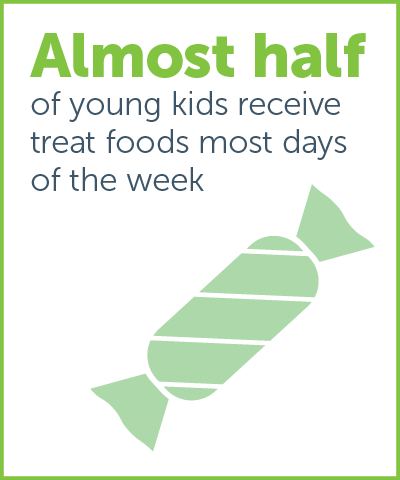
Poll report
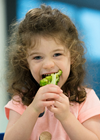
Kids and food: Challenges families face
Download report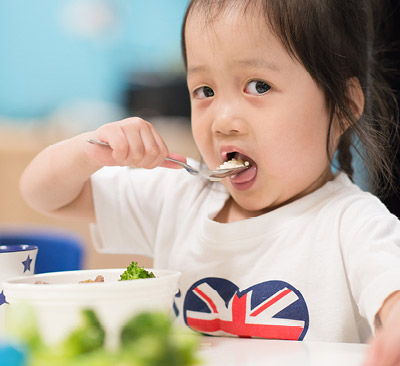
Poll questions

Kids and food: Challenges families face
Download poll questions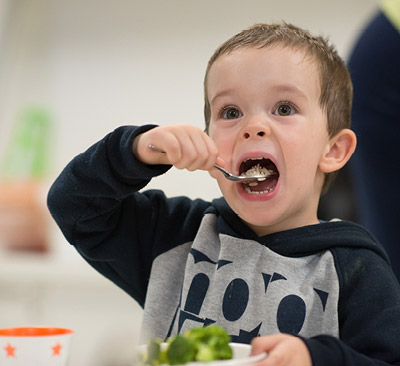
In the news
Herald Sun
Parents struggle to understand labels and kids’ nutrition needs
Mouth of Mums
Shock findings after recent child health poll
TODAY Show
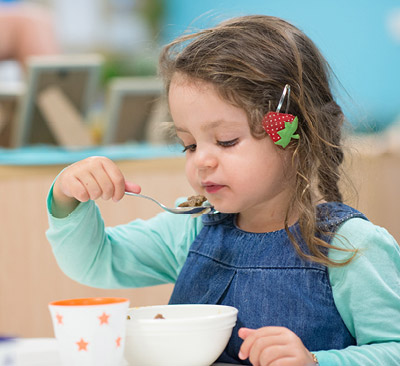
Information for parents
The Royal Children’s Hospital resources
RCH Kids Health Info – nutrition for babies and toddlers
RCH Kids Health Info – nutrition for older children
Australian Dietary Guidelines – amounts and kinds of food to eat
Eat for Health – how to understand food labels
Nutrition Australia – general resources for child health and nutrition
Nutrition Australia – five food tips for healthy kids
Early Childhood Australia – general resources for child health and nutrition
Raising Children Network – healthy eating habits for kids
Better Health Victoria – eating tips for school children
Dietitians Association Australia – fast facts for smart eating
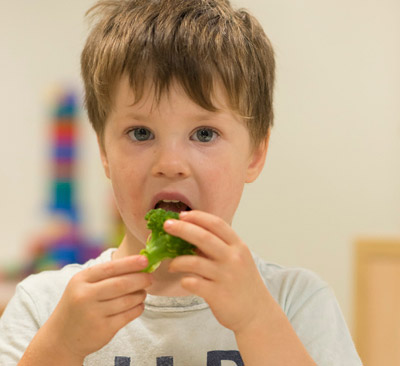


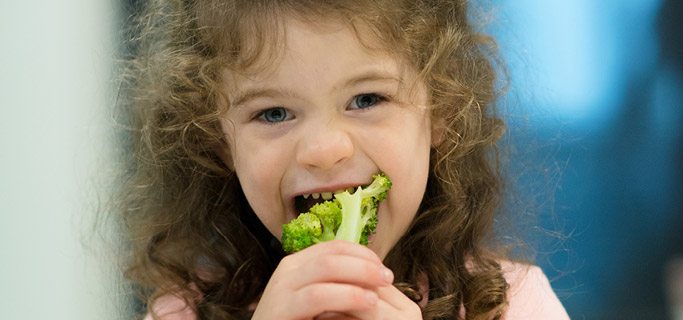
[…] than ever about what parents should be feeding children. This is leaving parents feeling not only confused, but often guilty about their children’s […]
Are you aware that when viewing this page an ad for McDonald’s comes up? Hahaha. How do those with a poor education in nutrition reach past the advertising and messages from food producers to really know how to feed their children well? And if they heard an ad from McDonald’s on this website, and saw a McDonald’s in the RCH, they could be forgiven in believing it was a good choice. You are promoting it, after all. The messages are confusing and for the producers profit and at consumers risk. This needs to change.
Hi Melissa. Thank you for bringing this to our attention. The video you are referring to was from a third party platform, we were unaware it contained advertisements and it has since been removed and replaced with an ad-free version. Thank you for your feedback in regards to RCH retailer McDonalds. We take all feedback seriously and will take this on board, as the RCH continues to look at and review all available food choices on campus for patients, families and staff.